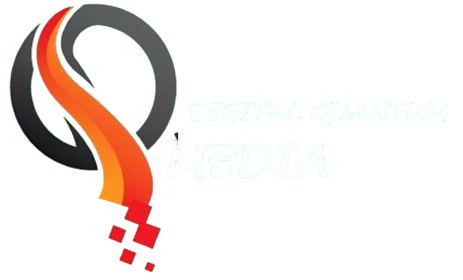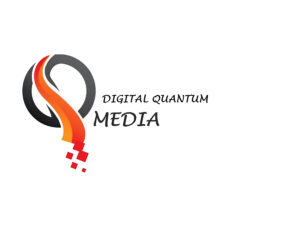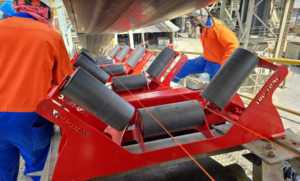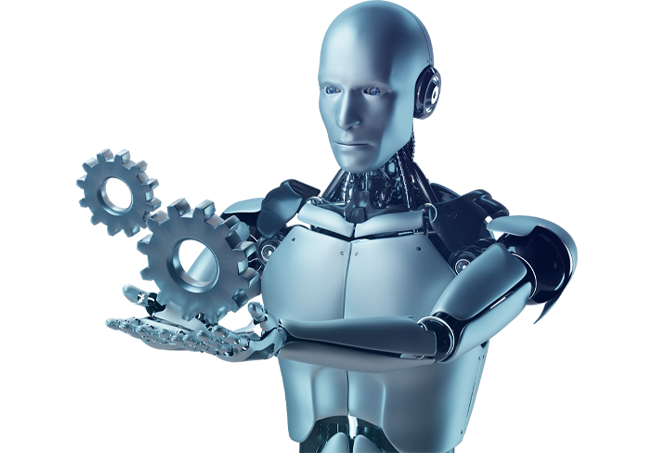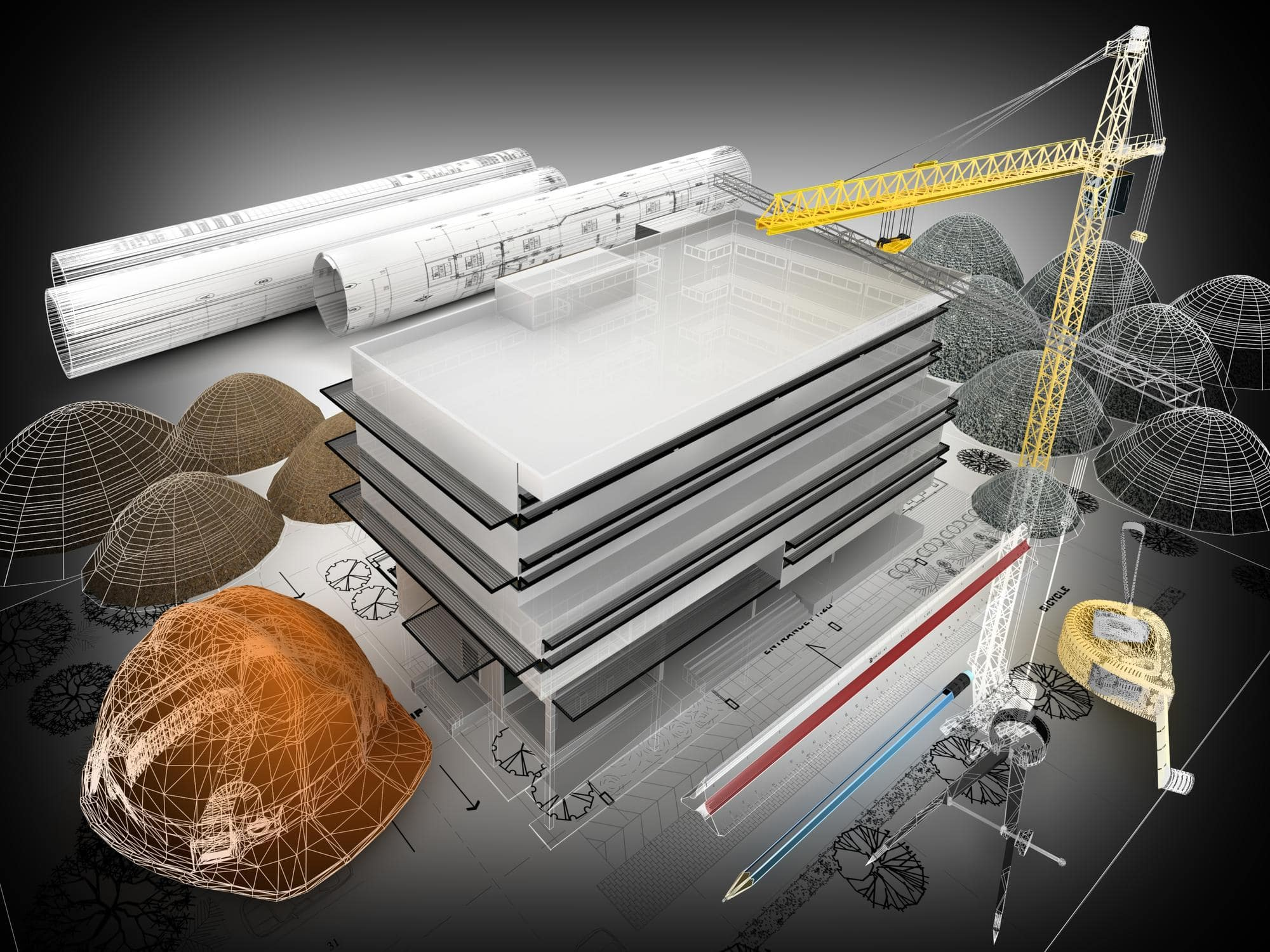The Impact of Industrial IoT on Modern Manufacturing. The Industrial Internet of Things (IIoT) is transforming the landscape of modern manufacturing, heralding a new era of efficiency, productivity, and innovation. As industries worldwide increasingly adopt IIoT technologies, the benefits are becoming evident, from streamlined operations to enhanced data analytics. In this article, we explore the profound impact of IIoT on the industrial sector and its potential to revolutionize the future of manufacturing.
The Emergence of Industrial IoT
Industrial IoT refers to the integration of internet-connected sensors, devices, and machinery within manufacturing and industrial processes. Unlike the consumer-oriented Internet of Things (IoT), IIoT focuses on optimizing operational efficiencies, reducing downtime, and improving overall productivity in industrial settings.
Key Benefits of IIoT in Manufacturing
- Enhanced Operational Efficiency: IIoT enables real-time monitoring and control of manufacturing processes. By collecting and analyzing data from sensors embedded in machinery, companies can identify bottlenecks, predict maintenance needs, and optimize production schedules. This leads to reduced downtime and increased throughput.
- Predictive Maintenance: One of the most significant advantages of IIoT is its ability to predict equipment failures before they occur. Predictive maintenance uses data analytics to forecast when machinery is likely to fail, allowing companies to perform maintenance proactively. This reduces unplanned downtime and extends the lifespan of equipment.
- Improved Quality Control: IIoT allows for continuous monitoring of production quality. Sensors can detect deviations from quality standards in real-time, enabling immediate corrective actions. This results in higher product quality and reduced waste.
- Energy Efficiency: IIoT technologies help manufacturers monitor and optimize energy consumption. By analyzing energy usage patterns, companies can implement energy-saving measures, reduce costs, and contribute to sustainability efforts.
- Supply Chain Optimization: IIoT enhances visibility across the supply chain by providing real-time data on inventory levels, shipment statuses, and supplier performance. This leads to better demand forecasting, reduced lead times, and improved overall supply chain efficiency.
Challenges and Considerations
While the benefits of IIoT are substantial, there are challenges that companies must address to fully harness its potential:
- Data Security: The increased connectivity of devices introduces cybersecurity risks. Manufacturers must invest in robust security measures to protect sensitive data from cyber threats.
- Integration Complexity: Integrating IIoT technologies with existing systems can be complex and costly. Companies need to ensure seamless interoperability between new and legacy equipment.
- Skill Gap: The implementation of IIoT requires a workforce skilled in data analytics, cybersecurity, and IoT technologies. Companies must invest in training and development to bridge this skill gap.
The Future of IIoT
The future of IIoT looks promising, with advancements in artificial intelligence, machine learning, and edge computing poised to further enhance its capabilities. As these technologies evolve, we can expect even greater levels of automation, efficiency, and innovation in the industrial sector.
IIoT is not just a technological upgrade; it is a paradigm shift that is redefining how industries operate. By embracing IIoT, manufacturers can stay competitive in an increasingly digital world, driving growth and prosperity in the years to come.
Conclusion
Industrial IoT is revolutionizing modern manufacturing by offering unprecedented levels of operational efficiency, predictive maintenance, quality control, energy management, and supply chain optimization. Despite the challenges, the potential benefits make IIoT an essential investment for forward-thinking companies. As IIoT technologies continue to evolve, they will undoubtedly play a crucial role in shaping the future of the industrial sector.
For more insights and updates on the latest trends in industrial technology, stay tuned to Industrial Edge Magazine.

